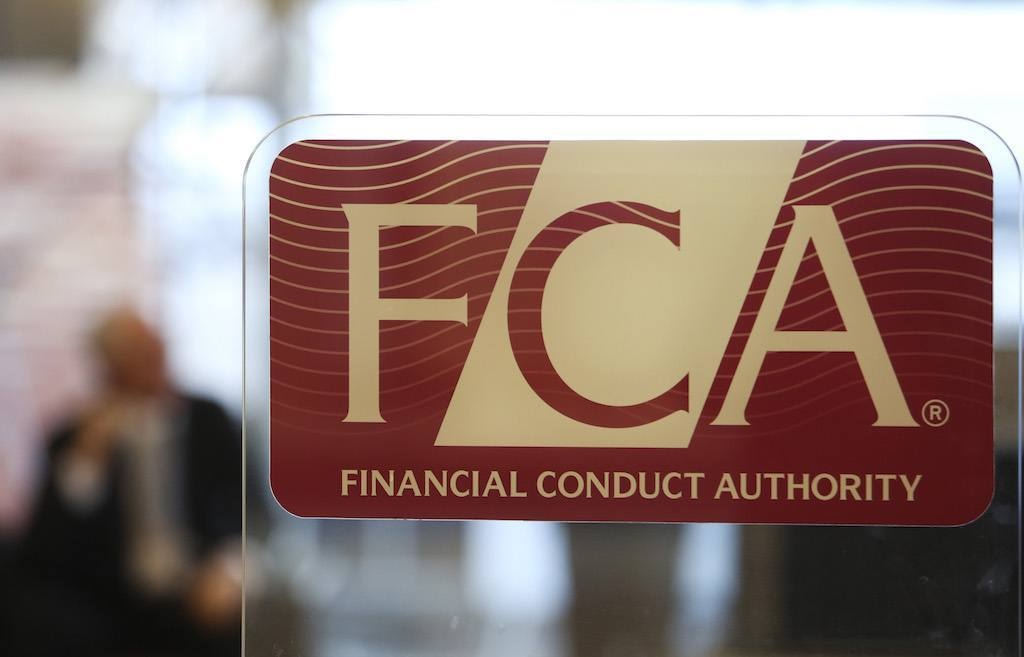FCA warns of flight and print order risks in multiple markets
The UK's Financial Conduct Authority (FCA) has identified the possibility of flying and printing orders in multiple markets, including entering prices in dark markets to generate orders in open markets。

The Financial Conduct Authority (FCA) has found that there may be flying and printing orders in multiple markets, including instruments such as bonds, swaps and options in fixed income, commodity and money markets, including entering prices in dark markets to generate orders in open markets。
A pending order is when a company communicates to its customers or other market participants, via screen, instant message, voice, or other means, its bid or offer price, which is not supported by, and sometimes not even from, the order or the trader's actual instructions。
A printed order is one of the above methods that informs that a transaction has been executed at a specified price and / or size, but that no such transaction has actually occurred。
These activities can create the illusion of liquidity and / or price of financial instruments.。As a result, the investment decisions of customers and other market participants may be based on misleading information。This could cause financial losses to these players and undermine the integrity and confidence of the market.。
Such behaviour may contravene a number of legal provisions, including Section 12 of the UK Market Abuse Regulation.1.Section a (i) and / or Sections 89 and 90 of the Financial Services Act 2012 (Misleading Impressions) and sections of the FCA Handbook。
The FCA also found cases of management failing to address this behaviour in a timely and robust manner, including:
- Failure to recognize the risks of flying and printing.
- Failure to implement appropriate monitoring;
- Failure to submit suspicious transaction and order reports related to fly orders or printed orders, or market observation reports;
- Prolonged investigation of potential misconduct。
In order to reduce the harm caused by flying orders and printed orders, the company can take the following measures:
- Ensure that compliance manuals prohibit flying and printing and obtain annual compliance certificates, and senior management should ensure that their expectations for culture and compliance policies are effectively communicated。
- Ensure that the training includes the nature of flight orders and print orders, prohibitions and the consequences of such actions, and that the company may also consider enhancing training in sectors deemed to be at higher risk。
- Take all measures to ensure that monitoring procedures for the identification and reporting of flight and printing practices are sound and that these practices are taken into account in the risk assessment。Factors that should be considered may include appropriate targeted monitoring to identify spread compression, order cancellation rates, order-to-transaction ratios, and embedded thesaurus in electronic communication monitoring systems。
- Ensure that disciplinary procedures provide a clear and consistent process for dealing with misconduct and ensure that business interests are not a driver of results。
The regulator has warned that it will not hesitate to intervene in the event of suspicion of conduct that harms confidence and fairness in the UK market.。
Disclaimer: The views in this article are from the original Creator and do not represent the views or position of Hawk Insight. The content of the article is for reference, communication and learning only, and does not constitute investment advice. If it involves copyright issues, please contact us for deletion.